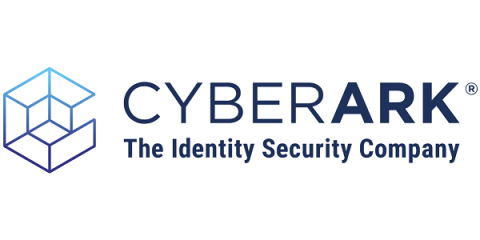Security | Threat Detection | Cyberattacks | DevSecOps | Compliance
Malware
Using insecure npm package manager defaults to steal your macOS keyboard shortcuts
Malicious npm packages and their dangers have been a frequent topic of discussion — whether it’s hundreds of command-and-control Cobalt Strike malware packages, typosquatting, or general malware published to the npm registry (including PyPI and others). To help developers and maintainers defend against these security risks, Snyk published a guide to npm security best practices.
Ransomware detections on endpoints increase by 627%
Ransomware is still present and growing across the threat landscape, to the extent that some organizations now include the cost of a ransomware attack in their annual budgets. Data from our Internet Security Report - Q4 2022 reveals that ransomware detections on endpoints rose by an alarming 627% in 2022 compared to the previous year. While ransomware does not discriminate by industry type, the report clearly shows the manufacturing sector was the most affected during 2022.
macOS Least Privilege Best Practices to Combat Rising Ransomware
Ransomware accounts for one in every four breaches, and increasingly, it’s going after enterprise macOS users.
Blacktail: Unveiling the tactics of a notorious cybercrime group
In recent months, a cybercrime group known as Blacktail has begun to make headlines as they continue to target organizations around the globe. The group was first spotted by the Unit 42 Team at Palo Alto Networks earlier this year. Since February, the group has launched multiple attacks based on their latest ransomware campaign labeled Buhti.
Enhance Security and Efficiency for your Unstructured Data with Rubrik and Dell
Unstructured data is a prime target for ransomware attacks, making it crucial for organizations to protect and manage it effectively. Currently, it is estimated that 80-90% of all data generated falls into the unstructured category, consisting of files and objects. Organizations rely on unstructured data to store sensitive information, intellectual property, and other invaluable corporate assets.
Migrating Apollo Codegen to GraphQL Code Generator
GraphQL has become a popular choice for building APIs in recent years. In projects using Typescript and Apollo Client, such as Rubrik’s, it is very helpful to map GraphQL schema to types and interfaces and one of the most popular tools for generating these types and interfaces based on a GraphQL schema is Apollo Codegen.
BlackLotus bootkit patch may bring "false sense of security", warns NSA
The NSA has published a guide about how to mitigate against attacks involving the BlackLotus bootkit malware, amid fears that system administrators may not be adequately protected against the threat. The BlackLotus UEFI bootkit made a name for itself in October 2022, when it was seen being sold on cybercrime underground forums for $5,000.
Deep Dive into GOOTLOADER Malware and Its Infection Chain
Kroll has analyzed incidents throughout Q1 2023 where drive-by compromise was the initial infection vector for GOOTLOADER malware. It is likely that the threat actors are utilizing SEO to drive individuals to either their own malicious website or to infected WordPress sites. These sites are then used to host documents that would be attractive to employees within the legal and professional services sectors.
ChatGPT can create polymorphic malware, now what?
Despite the security controls that OpenAI has imposed on ChatGPT to try to make it a secure space capable of assisting users in a variety of tasks, cybercriminals have managed to exploit this technology for malicious purposes. Recent research has shown that this generative artificial intelligence is capable of creating a new branch of polymorphic malware with relative ease. The main risk lies in ChatGPT's versatility, which allows it to create code that could easily be used for malware.










